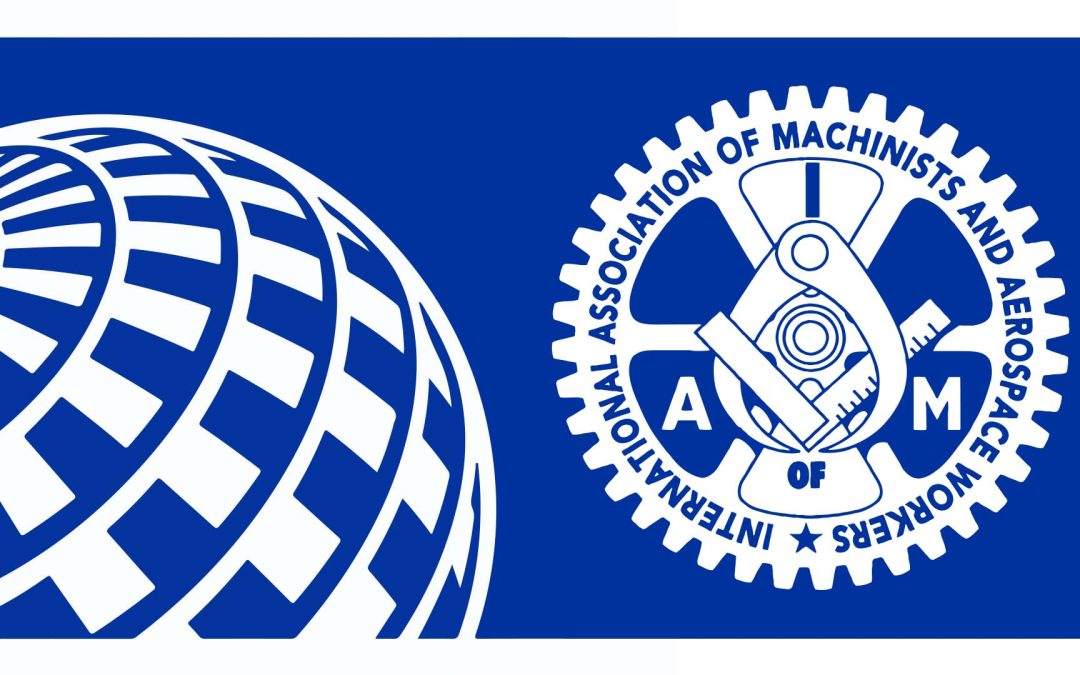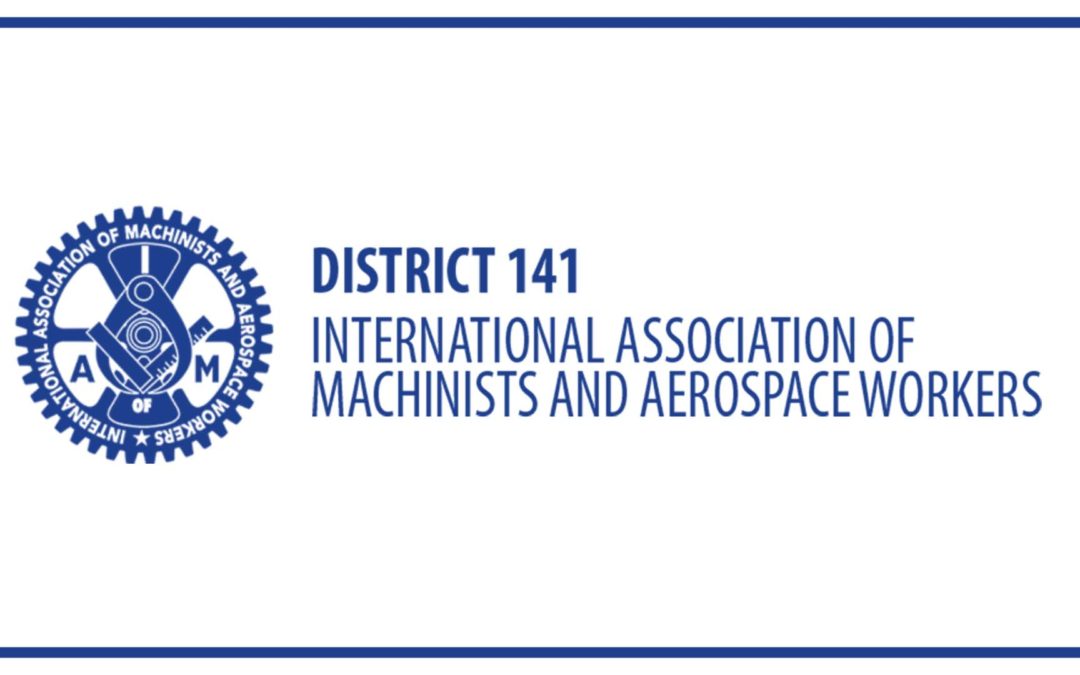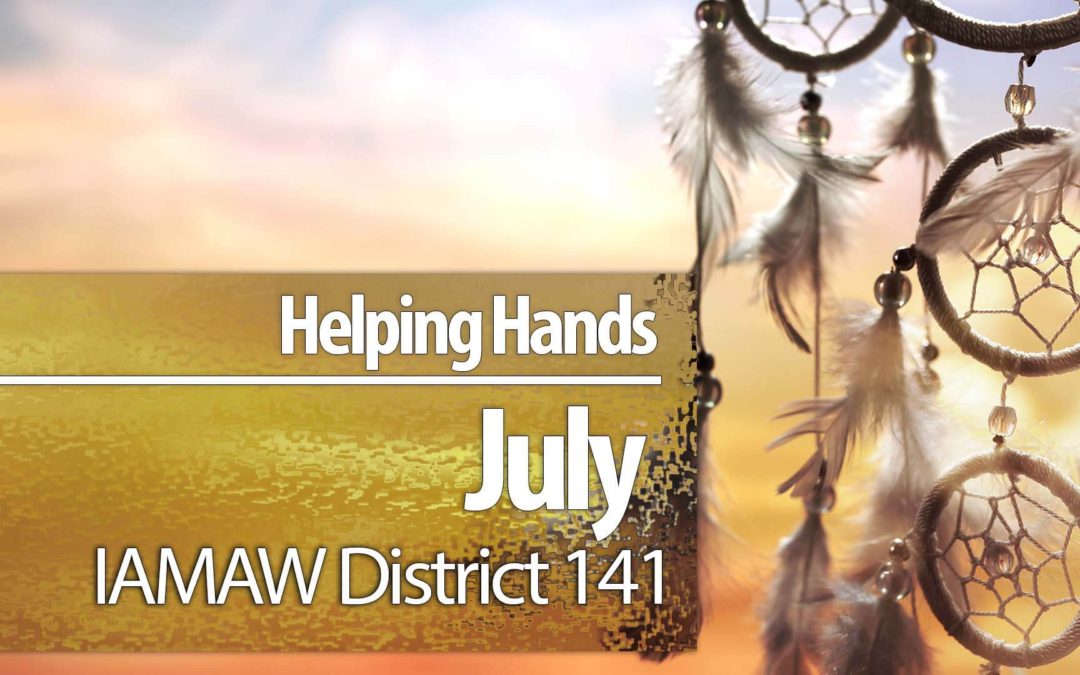
by Eric Price | Jul 25, 2022 | Front Page, GOIAM Stories, MNPL, Organizing, Page Five, Page Four, Page Two, Perusals, Row 2, Uncategorized
Machinists Advocate for Middle-Class Jobs, Trade Adjustment Assistance at Global Supply Chain Forum Legislative Goals25 July 2022 Since late 2021, the economy has suffered debilitating setbacks primarily due to wrinkles in the global supply chain. As a result,...

by Eric Price | Jul 21, 2022 | Front Page, JetBlue, Organizing, Page Five, Page Three, Page Two, Perusals, Row 2
Remember who you’re really working for: Managers think that our jobs should be the most important things in our lives and that everything else should come second. They think that we should put aside things like family, building memories, and just doing nothing...

by Eric Price | Jul 18, 2022 | Front Page, JetBlue, Organizing, Page Four, Page Three, Page Two, Perusals, Row 2, United
IAM141, United Airlines Contract Negotiations Break Down 18 July 2022 IAM District 141 and United Airlines management met briefly last week in Chicago, IL, to review United management’s “comprehensive” job security proposal. According to the Company,...

by Eric Price | Jul 14, 2022 | Front Page, JetBlue, Organizing, Page Five, Page Four, Page Three, Perusals, Row 2, Uncategorized
ATTENTION All California CSR’s: Important Information Re: MAP Devices District Lodge 141, along with Local Lodge 1782, addressed the MAP Device Protection Program. United attempted to implement a policy that seems to require that United Airlines’ workers...

by Eric Price | Jul 12, 2022 | Front Page, JetBlue, Organizing, Page Five, Page Four, Page Two, Perusals, Row 2
Primeflight supervisor working in LGA bagroom, June 11 2022. JetBlue is moving it’s assets in LGA to Terminal B in preparation for it’s ‘de-facto merger’ with American Airlines. JetBlue is also seeking to merge with Spirit Airlines in a hostile...

by Eric Price | Jul 11, 2022 | Front Page, Helping Hands, Page Five, Page Three, Page Two, Perusals, Row 2
/* Styling the post title and categories */.dd-spl5 .dd-post-title .et_pb_title_container { display: flex; flex-wrap: wrap;}.dd-spl5 .dd-post-title h1.entry-title { order: 2; width: 100%; padding-top: 15px; padding-bottom: 20px;}.dd-spl5 .dd-post-title...







